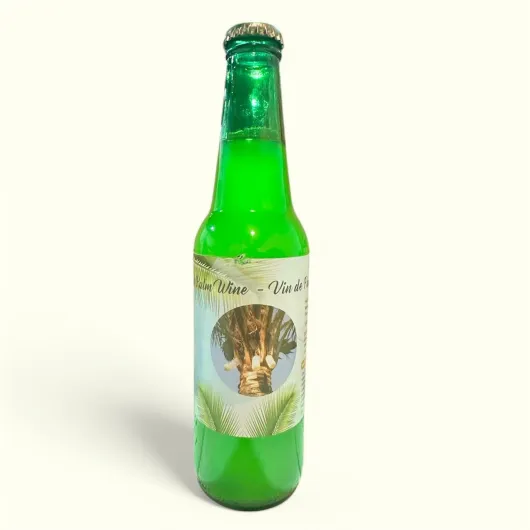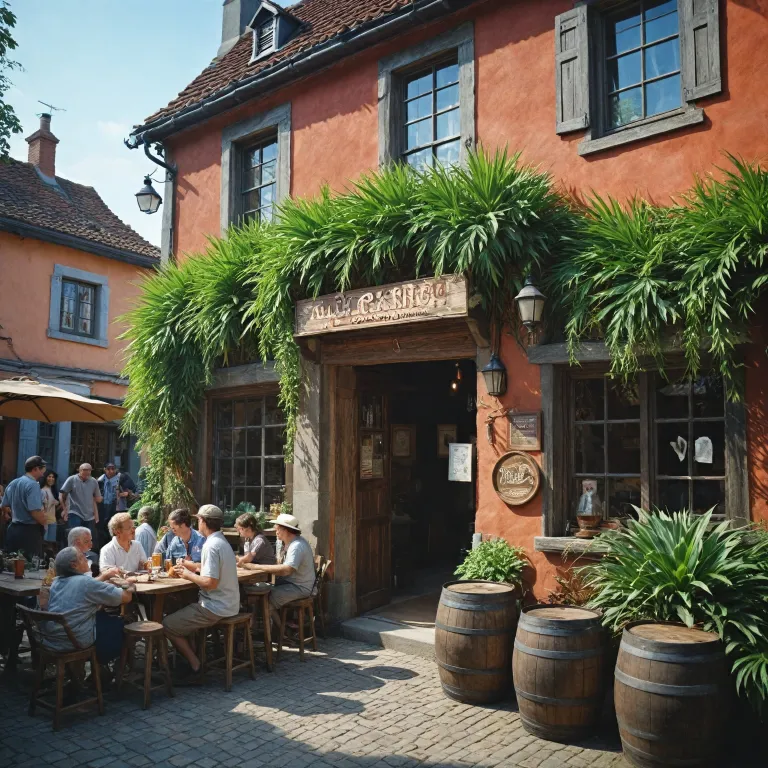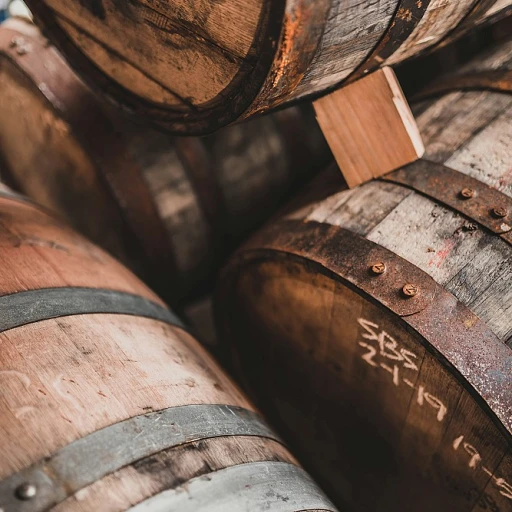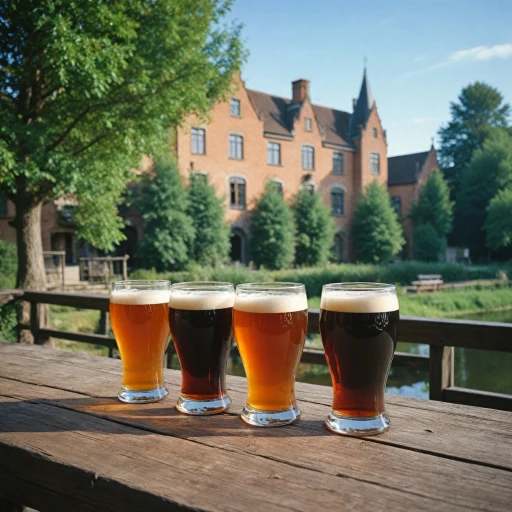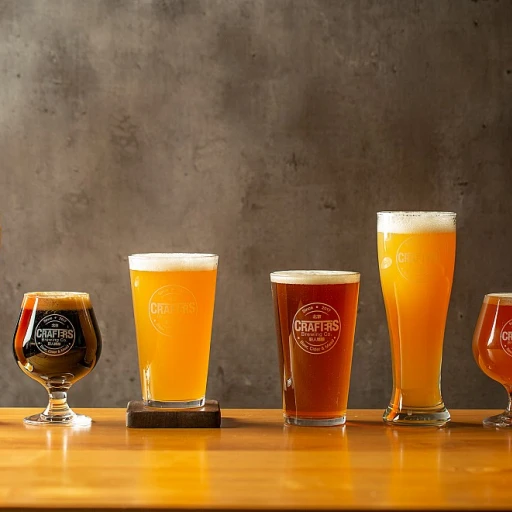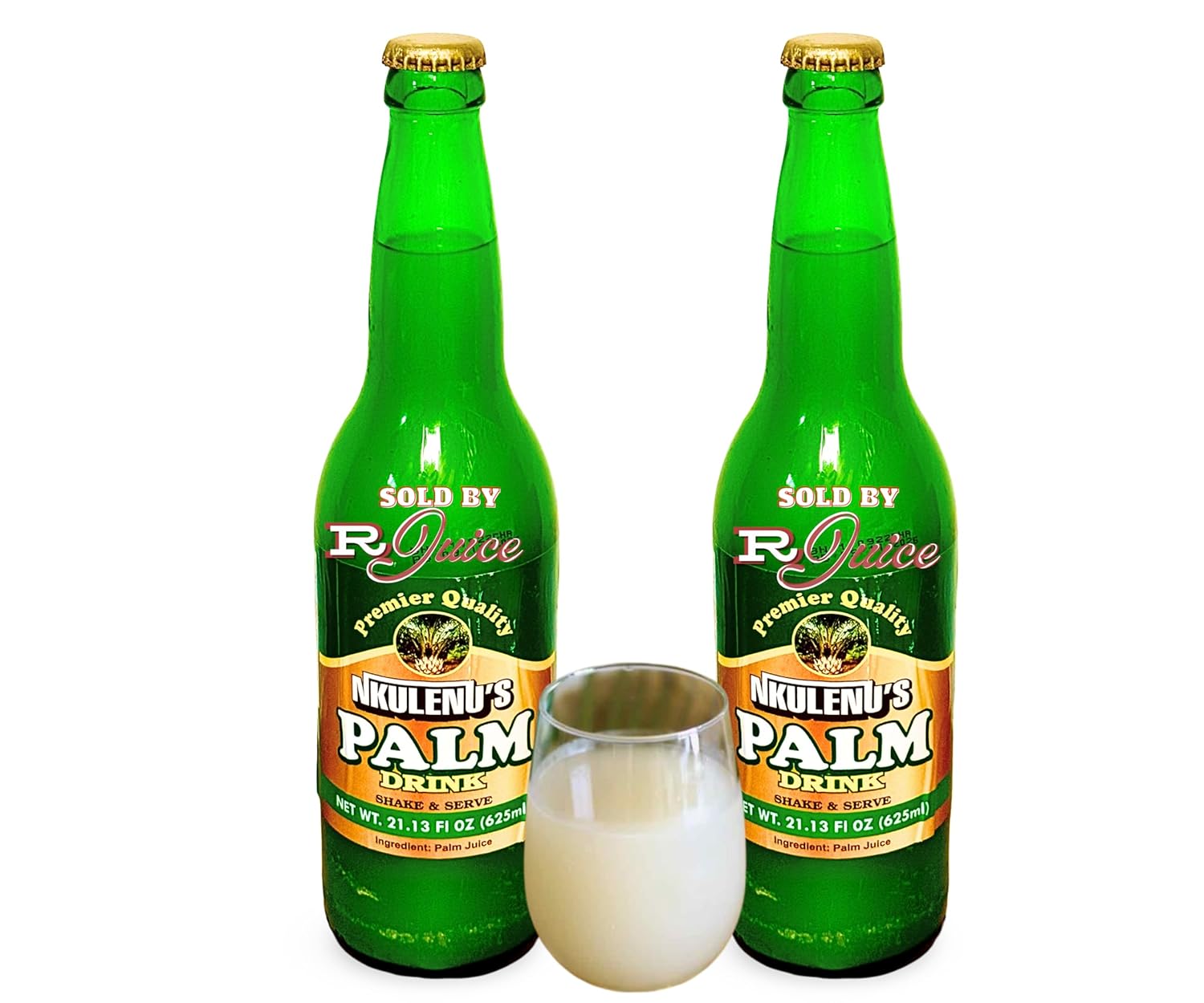
The Origins of Palm Beer
Tracing the Roots of an Age-Old Beverage
Palm beer is a storied beverage with roots that run deep into the history of beer craftsmanship. This iconic Belgian beer is highly regarded not just for its distinct taste but also for its historic lineage that can be traced back to traditional brewing practices. Palm beer originated in the region rich with brewing heritage, where age-old techniques were carefully preserved and passed down through generations of brewers. The ancient craft of brewing palm beer has a fascinating journey, connecting the past to the present. As with other fermented beverages like the unique tradition of Tiswin, palm beer has its own unique cultural significance. The early brewers of palm beer took inspiration from traditional methods while also utilizing the local resources available to them. These artisans crafted a beer with a distinctive profile that soon became favored in the region. The legacy of palm beer continues to influence modern brewing practices, blending time-honored techniques with contemporary innovations to create a beer that stands as a testament to its rich history.The Unique Brewing Process
Embracing Tradition and Innovation
As you sip on a glass of Palm beer, it’s fascinating to think about the brewing process that brings this delightful beverage to life. The journey from raw ingredients to the satisfying clink of glasses involves a blend of traditional methods and innovative techniques that have been honed over decades.
While many Belgian beers are known for their spontaneous fermentation, Palm beer stands out by using a top-fermenting yeast, which imparts its signature rich taste and amber hue. The choice of yeast plays a significant role in its flavor profile, setting it apart from other brews in its category.
Crafting with Skillful Ingredients
The careful selection of ingredients is another cornerstone of Palm beer’s unique appeal. The brewers opt for special Pale malts which provide a distinctive caramel flavor. These ingredients are meticulously balanced to offer a pleasant combination of sweetness and bitterness, making each sip a refreshing experience.
Ensuring that each batch offers the same depth of flavor and complexity requires a deep understanding of malt and hops, studied and perfected over time.
If you’re interested in exploring how other iconic Belgian beers are made, check out our article on traditions and innovations behind Affligem beer. Just like the mastery of Palm beer, each brand brings something unique to the world of brews.
Palm Speciale: A Belgian Classic
Unraveling the Signature Palm Speciale
Palm Speciale stands out as a quintessential Belgian brew, appealing to both seasoned beer enthusiasts and curious newcomers alike. This amber beer from Belgium is recognized for its balanced flavor profile, a product of the time-honored brewing techniques that have defined Belgian brewing traditions throughout history.
What sets Palm Speciale apart is its harmonious blend of malt sweetness, earthy hoppiness, and subtle fruity esters from the yeast. This unique combination results from a meticulous brewing process that involves complex fermentation dynamics. Inspired by classic Belgian recipes, Palm Speciale masterfully bridges tradition and innovation.
Furthermore, the distinctive color of Palm Speciale comes from the use of special caramel malts, which provide not only the inviting amber hue but also contribute to its rich, full-bodied character. This makes it an ideal choice for those looking to venture into more robust beer flavors without being overwhelmed by bitterness.
In the landscape of Belgian beers, Palm Speciale has carved a niche backed by historical significance, delightful taste, and a consistent brewing legacy. It's a perfect example of how traditional methods can create a timeless classic palatable to a modern audience.



